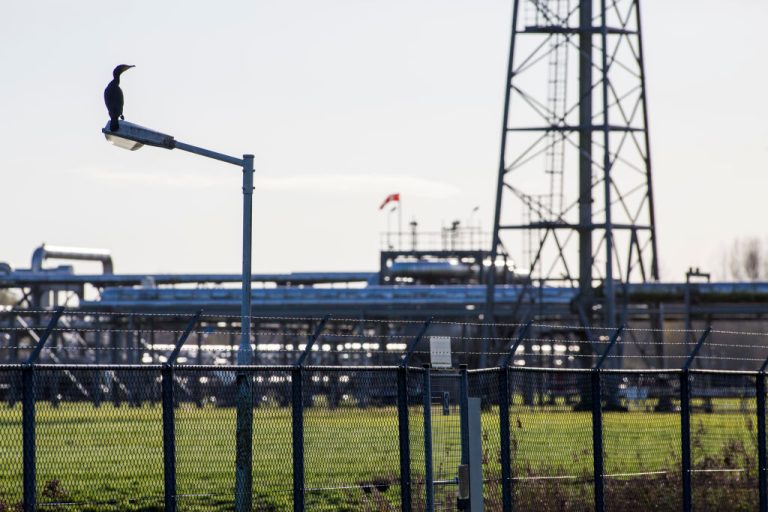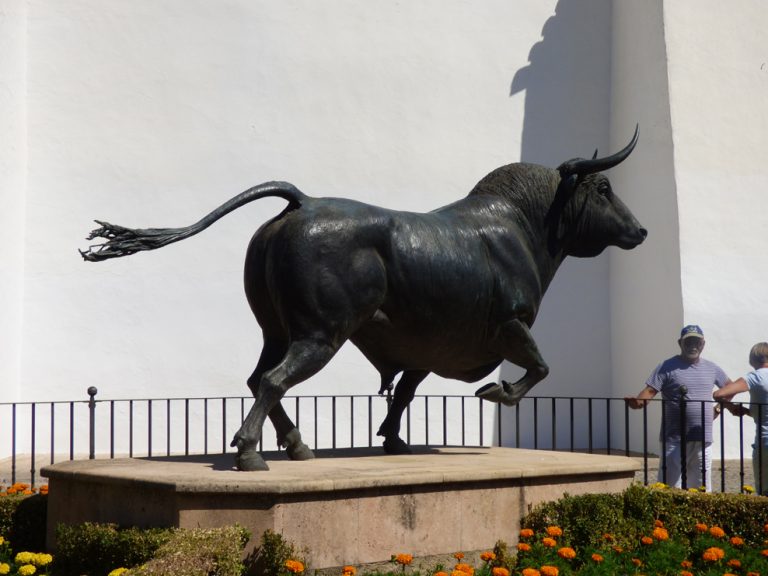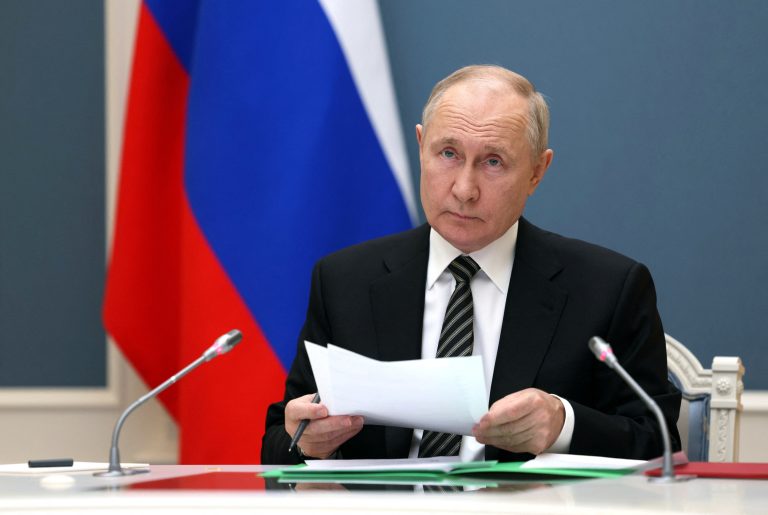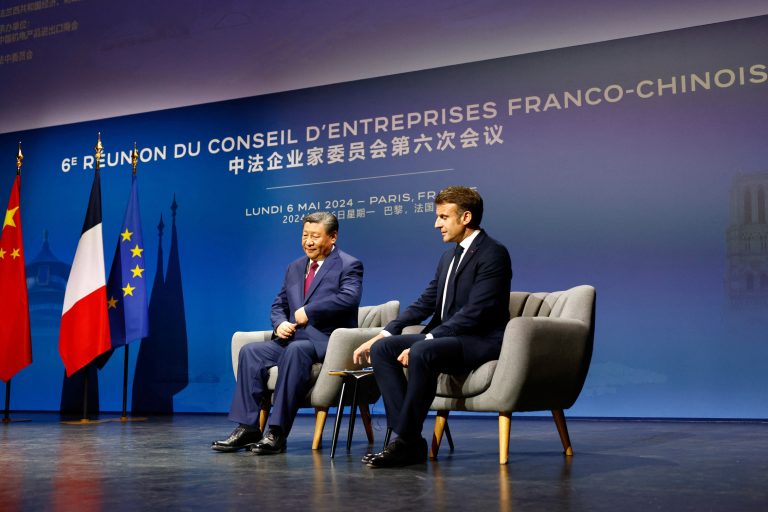The Dutch government will no longer provide credit insurance coverage for export transactions involving fossil fuels starting Jan. 1, 2023, effectively choking its natural gas exploration industry in order to meet its ideological climate goals.
In a statement issued on Nov. 3, the Finance Ministry said it was an “important step” toward realizing its self-imposed carbon emissions cap as pledged during the COP26 climate-focused social credit policy conference in Glasgow last year.
The Dutch have a natural gas resource of 28,000 billion cubic meters at their disposal, the largest gas bubble discovered in Europe to date, enough to supply the country’s households for many decades to come.
READ MORE
- EU Undecided on Whether to Propose Gas Price Cap for Electricity
- European Countries Prepare to Ration Natural Gas as Russia Threatens to Turn Off the Taps
- UK Government Prepares for Winter Blackouts, Natural Gas Rationing
- Dutch Bank CEO Proposes Turning Carbon Usage Into a Tokenized Commodity
Most of the gas is exported, however, and with a rumbling energy crisis in the works, the Dutch government still won’t release the gas supplies to deliver to their own people.
Export credit insurances (ECI) are state-backed credit insurance regulations for large transactions or exports to countries with less solid solvency reputations, such as developing countries and emerging markets.
International agreements
Success
You are now signed up for our newsletter
Success
Check your email to complete sign up
The government said it was aware some 20 other industrialized countries, including Germany, the United States, Britain, and Canada, made similar promises. Only a handful, such as France, have come up with concrete plans to cut their carbon emissions so far.
Removing such a backup will, naturally, harm — or worse still — kill your export industry because of costs due to increased transactional risk.
Even though the government, when signing onto the commitment to stop supporting their own export of one of the world’s most crucial and treasured commodities, would harm Dutch interests at the cost of those countries who still uphold such credit insurance and thus their industry.
Of course, not everyone applauded this latest sample of political correctness.
“Dutch state to end export credit insurance for fossil fuel from Jan. 1,” the political satirical thinktank Moreel Kompas (Moral Compass) commented on Twitter
“The Netherlands has completely lost its way,” it continued. “Totally disconnected from reality. Destroying everything under the guise of ‘being responsible.’”
Meanwhile, “In order to guarantee a level playing field as much as possible,” negotiations with other signatories were ongoing, the Finance Ministry said, according to Reuters.
The Ministry added, however, that it might backtrack on its COP26 pledges in case other countries fail to live up to their promises.
National emission plans
At last year’s COP26, nearly 200 participants vowed to crank up their emission cutting efforts, also known as Nationally Determined Contributions (NDC), and to have them in place before this year’s summit, COP27, which started on Nov. 6 in Sharm-el-Sheikh in Egypt.
So far, only a handful of countries, like Indonesia, South Korea, and Australia, which promised to cut 43 percent off of its emission levels in 2005, have lived up to their promises.
Brazil, under former president Bolsonaro, tweaked down its initial emission plans. Still, with the takeover by socialist Luiz Inacio Lula da Silva, environmentalists have hopes Brazil will walk back on its decision and get back in line again with the UN’s Agenda 2030 “Sustainable Development Goals.”
The 27 member states of the EU promised to raise the bar for 2023, while China has yet to make any clear cut promises for the future.
Dutch treat
Last year, the Dutch government vouched for €7.3 billion ($7.3 billion) in ECI obligations, Reuters reported based on information shared by a Finance Ministry spokesperson.
The contact, however, did not specify how much of that amount went to petrol-related transactions.
According to the Dutch statistics bureau (CBS), however, of the total of 2021 exports, worth €54.7 billion, some 9.3 percent consisted of fossil fuel-related products.The question remains how much of the fuel industry will survive now that the Dutch government has pulled out of the ECI regulations adhering to the motto “every man for himself and God for us all.”
















